
Plastic Surgeon
Will evaluate your child and determine what type of surgery is best for them and when it should take place. Input about speech and orthodontics help make these decisions.
Welcome to Lancaster Cleft Palate Clinic!
When You Arrive
Our parking lot is behind the building. Enter by turning right from Lime Street into an alley on the far side of the building. LCPC parking spots are marked with YELLOW lines. Parking spots with white lines belong to the apartment building and may be subject to towing. When you arrive, check in at the front desk. After you fill out the necessary paperwork, you will be brought back to see the pediatric audiologist.
In Our Office
During your appointment, the audiologist may look into your child’s ears, assess middle ear function by completing immittance testing and evaluate the inner ear by obtaining Distortion Product Otoacoustic Emissions. In addition, behavioral responses to speech and tonal stimuli will also be obtained in a sound treated room.
If your infant is scheduled for an Auditory Brainstem Response (ABR) evaluation, electrodes will be placed on the forehead and near each ear. Different sounds will be played through earphones and your child’s responses to sounds will be recorded. Auditory Brainstem Response (ABR) testing is a hearing test best performed while your child is resting comfortably or sleeping.
Your Appointments
During your visit, an assistant will guide you to see various specialists around our facility. Your child will be seen by a series of doctors and cleft palate specialists who will evaluate their needs. Several specialists will visit you in one of our dental rooms, and you will go to other rooms to see additional specialists as needed. Our team includes plastic surgeons, feeding specialists, orthodontists, speech therapists, audiologists, pediatricians, ENTs, dentists, and more.
Before You Go
Before you leave, make sure you check out at the front desk so we can ensure you’ve seen all the team members for your care plan.
The pediatric audiologic test battery is designed to cross check and evaluate all aspects of the auditory system thus ensuring accurate test results regardless of age or developmental abilities. The audiologist will take time to sit down with your family following testing to thoroughly review the test results and to answer any questions that you may have.
Your Appointments
Please allow up to an hour for your pediatric audiologic appointment. If you are scheduled for an Infant Auditory Brainstem Response (ABR) evaluation or an ABR Newborn Hearing Outpatient re-screen your appointment may take up to two hours.
Hearing loss can range from minimal to profound in one or both ears. Hearing loss, if left undiagnosed, can affect a child’s speech and language development, cause learning delays, and impact their social skills. Detecting hearing loss early helps prevent speech, language and other associated developmental delays. If you have any questions about your upcoming appointment, please email our audiologist at rsharnetzka@cleftclinic.org.
Before You Go
Before you leave, make sure you check out at the front desk so we can ensure that any follow up appointments can be scheduled.
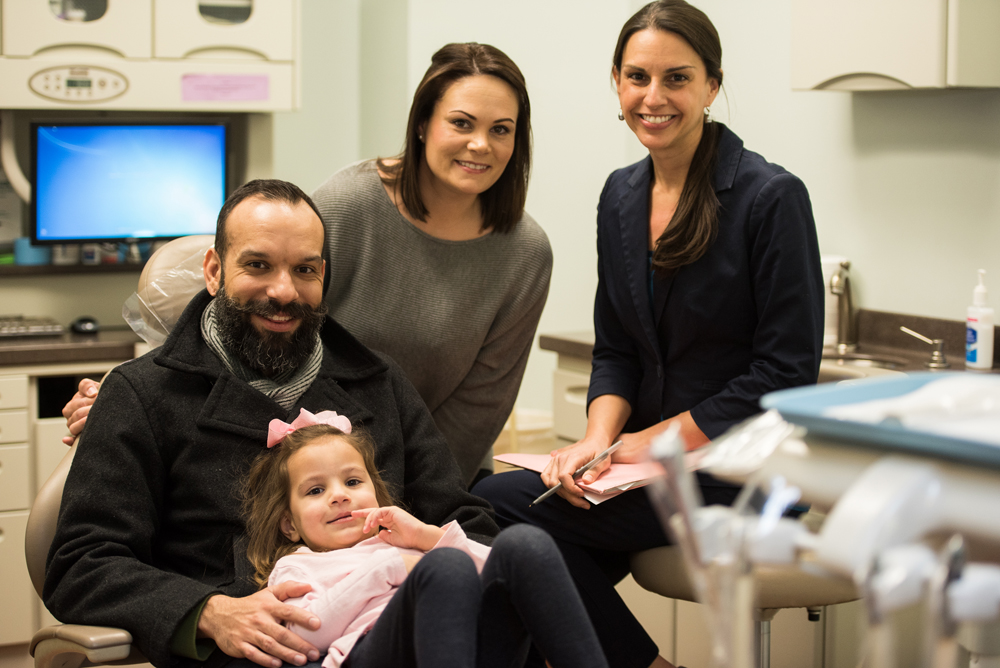




Evaluates your child’s speech and language development to determine whether speech therapy and/or surgical intervention is warranted

Monitors middle ear function and evaluates hearing since hearing difficulties and middle ear problems are often associated with cleft palate.

Will check your child’s teeth, looking for any tooth decay or other dental concerns that may need attention. General dental services are offered at the clinic.
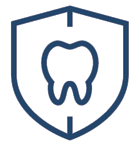
Makes restorations or prosthetics. Children with clefts will often need tooth replacements and occasionally need an appliance to help with speech.

Evaluates your child for hearing loss, recurrent ear infections, and other ear problems related to you child’s cleft.

Examines and discusses developmental milestones relevant to craniofacial care.
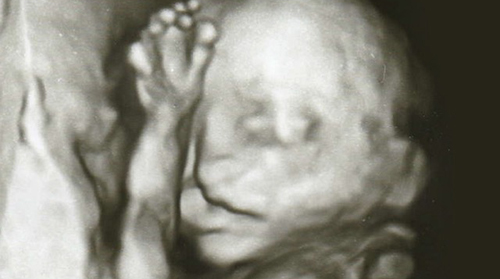
American Cleft Palate-Craniofacial Association Resources
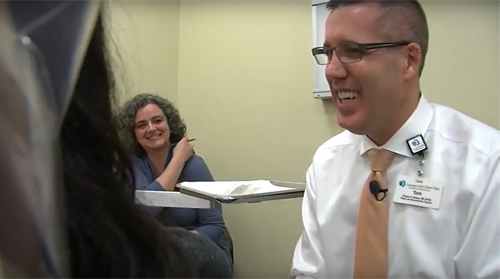
American Cleft Palate-Craniofacial Association Resources
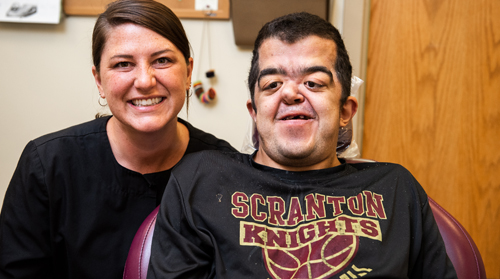
American Cleft Palate-Craniofacial Association Resources
